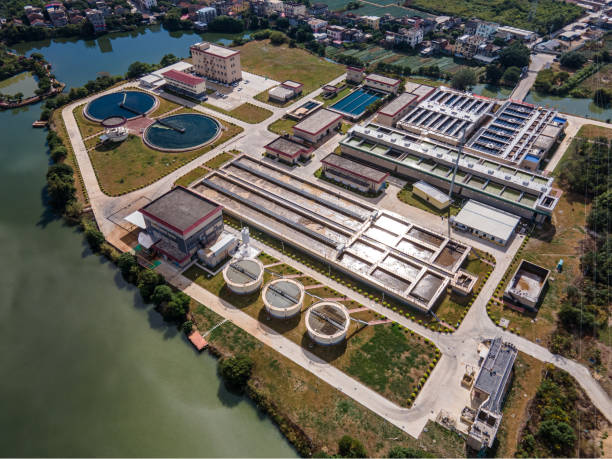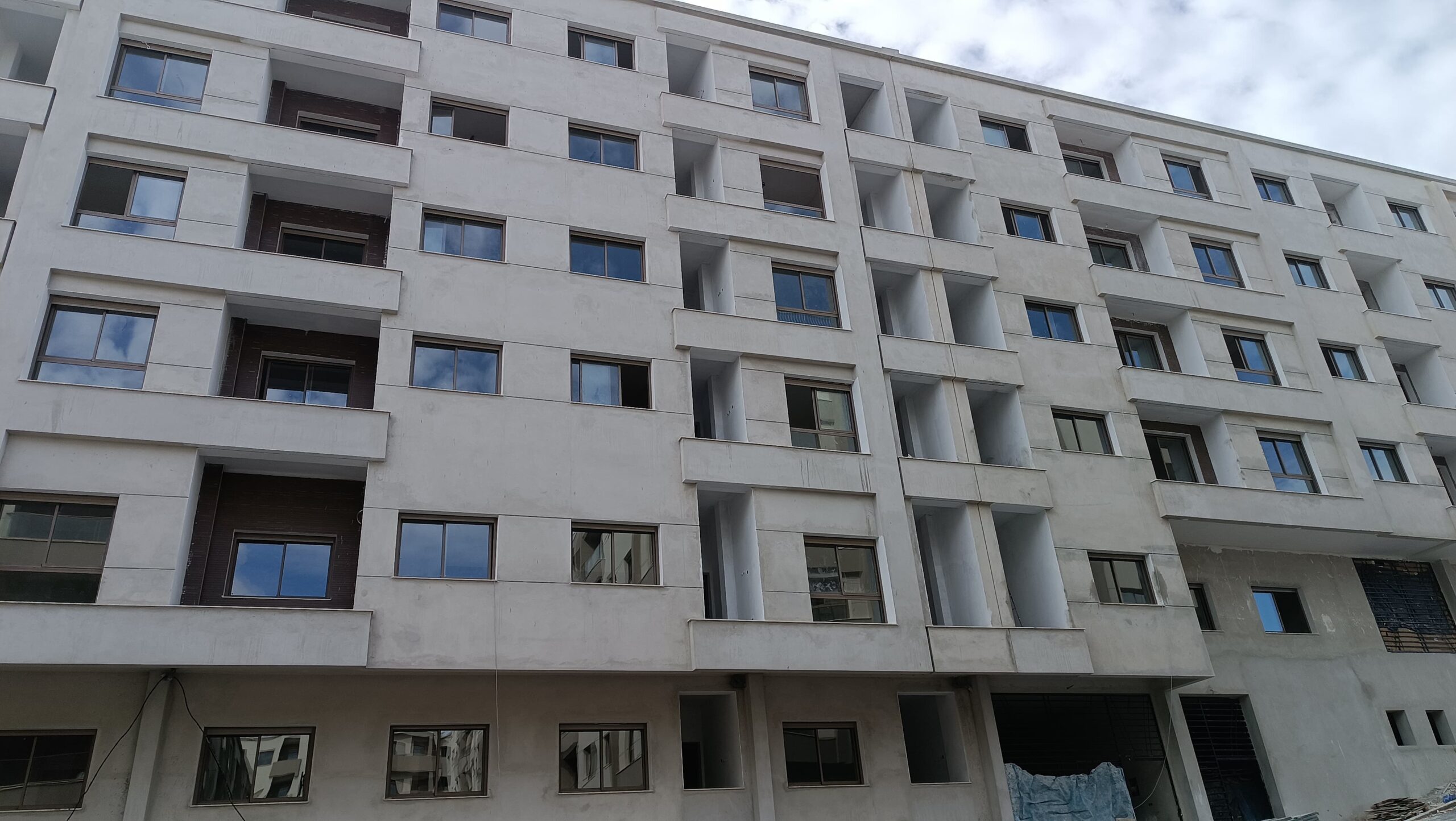Casablanca-In response to the pressing issue of water scarcity and the imperative for sustainable water management, Morocco has intensified its efforts to implement seawater desalination projects across the nation. Mohamed Siddiqui, the Minister of Agriculture, Fisheries, Rural Development, Water, and Forests, has announced the adoption of seawater desalination for irrigation purposes, marking a pivotal step in the country’s commitment to ensuring the longevity of agricultural practices and urban water supply.
The ministry’s ambitious initiatives encompass a series of seawater desalination plants strategically positioned to irrigate vast agricultural lands and provide potable water to urban centers. Foremost among these projects is the inauguration of the first seawater desalination plant in the Souss-Massa-Chtouka region, an expansive endeavor covering 15,000 hectares at a total cost of 4.4 billion dirhams (approximately $453.6 million USD). Additionally, plans are underway for the construction of a pioneering desalination facility in the Dakhla-Oued Eddahab region, integrating wind energy technology, with the aim of irrigating 5,200 hectares and supplying potable water to Dakhla and its environs by June 2025.
Furthermore, the ministry has initiated comprehensive feasibility studies for future projects, spanning regions such as Tan-Tan and Casablanca, with the overarching objective of expanding irrigation networks and securing a reliable water supply. These strategic endeavors underscore Morocco’s proactive stance in confronting water scarcity and fostering innovative water management solutions.
Despite recent improvements in water resources attributable to favorable rainfall and snowfall patterns, Nizar Baraka, the Minister of Equipment and Water, has acknowledged that water levels remain below those of the previous year. In light of this sobering reality, the government has prioritized the acceleration of seawater desalination projects as a strategic imperative to diversify water sources and meet the burgeoning demands of a growing populace.
Experts in the field emphasize the strategic significance of seawater desalination projects in mitigating the adverse impacts of climate change and fortifying water security. The imperative of proactively preparing for future scenarios of water stress is underscored, advocating for the pivotal role of desalination plants in meeting both agricultural and urban water requirements.
The success stories of existing seawater desalination projects, exemplified by the Souss-Massa endeavor, underscore their efficacy in safeguarding water resources and ensuring sustained irrigation for agricultural lands. By seamlessly integrating cutting-edge clean energy technologies, these plants not only contribute to curtailing carbon emissions but also serve as potent catalysts for advancing sustainable development goals.
Looking forward, Morocco remains steadfast in its commitment to expanding its seawater desalination capacity and investing in state-of-the-art wastewater treatment infrastructure to further bolster water sustainability efforts. With ambitious targets set for treated wastewater production by 2030, Morocco is poised to surmount the challenges of water scarcity and forge a resilient future for its citizenry and the environment alike.
















